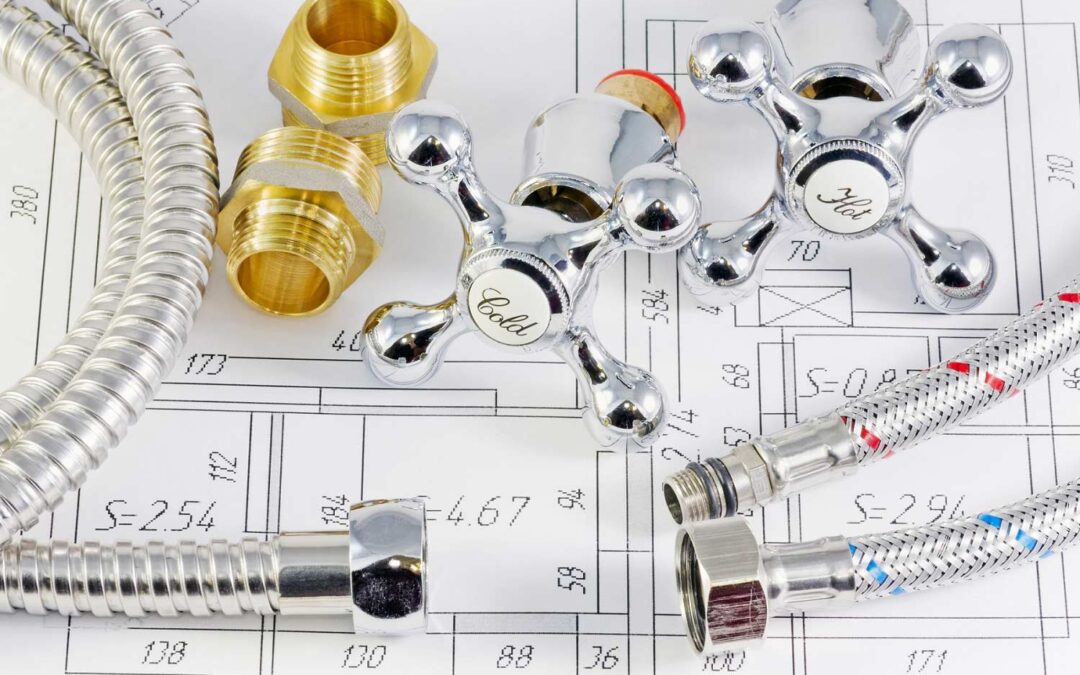When it comes to the essential systems that keep our homes comfortable, HVAC (Heating, Ventilation, and Air Conditioning) and plumbing stand out as the unsung heroes. In this comprehensive guide, we’ll explore the roles, differences, and vital contributions of HVAC and plumbing systems to help homeowners understand and appreciate the intricacies of these crucial components.
HVAC: Mastering Home Climate Control
Heating
HVAC systems excel in providing warmth during colder months. Whether through furnaces, heat pumps, or radiant heating, these systems ensure your home remains cozy and comfortable even when the temperatures plummet outside.
Ventilation
Proper ventilation is a hallmark of a well-designed HVAC system. It involves the exchange of stale indoor air with fresh outdoor air, ensuring a healthy and breathable atmosphere inside your home. Ventilation systems also play a crucial role in regulating humidity levels, contributing to indoor air quality.
Air Conditioning
As the temperatures rise, HVAC systems seamlessly transition into cooling mode. Air conditioners or heat pumps work to maintain a comfortable temperature, creating a cool oasis on scorching summer days. The ability to both heat and cool makes HVAC systems versatile year-round solutions.
Plumbing: Ensuring Fluidity in Daily Life
Water Supply
Plumbing systems are the lifeblood of a home’s water supply. From faucets to showers, and toilets to dishwashers, the plumbing network ensures a steady and reliable flow of water to meet the diverse needs of modern living.
Drainage
Efficient drainage is a critical aspect of plumbing. Waste and wastewater from sinks, showers, and toilets are swiftly and safely removed from the home, maintaining hygiene and preventing potential issues like clogs and backups.
Fixtures and Appliances
Plumbing is intricately connected to various fixtures and appliances in a home. Sinks, bathtubs, dishwashers, washing machines, and water heaters are all integral components of a well-designed plumbing system, contributing to the convenience and functionality of daily life.
Key Differences
Integration
While both HVAC and plumbing systems are essential, they operate independently of each other. HVAC focuses on climate control, while plumbing deals with water distribution, drainage, and waste removal. However, their separate functions harmonize to create a holistic living environment.
Specializations
HVAC technicians specialize in heating, ventilation, and air conditioning systems, ensuring optimal climate control. On the other hand, plumbers specialize in water systems, drainage, and fixtures, addressing the intricacies of water supply and disposal.
Maintaining Peak Performance
Regular Inspections
To keep both HVAC and plumbing systems operating at peak performance, regular inspections are key. Scheduled maintenance by professionals can identify potential issues before they escalate, ensuring the longevity and efficiency of these vital home systems.
Upgrades and Modernization
As technology advances, upgrading HVAC and plumbing systems can enhance efficiency, reduce energy consumption, and introduce smart features. From energy-efficient HVAC units to water-saving plumbing fixtures, modernizing these systems contributes to both comfort and sustainability.
Conclusion
In conclusion, the choice between HVAC and plumbing is not a matter of one versus the other but an acknowledgment of their complementary roles. Together, these systems create a harmonious living environment, providing comfort, convenience, and the essential elements of daily life. Whether you’re adjusting the thermostat for a cozy evening or enjoying a refreshing shower, the synergy of HVAC and plumbing ensures that home truly is where the comfort is.

